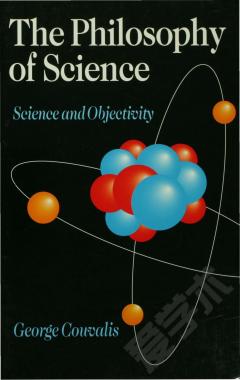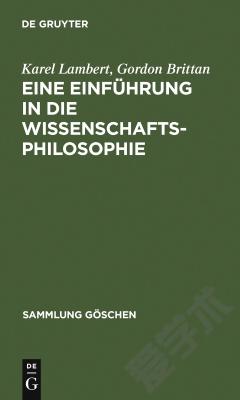Objectivity in the Feminist Philosophy of Science
Scientific knowledge is widely considered to be the most certain kind of knowledge, free from social or cultural bias. This freedom from bias or values, the objectivity of science, is a key reason why scientific knowledge holds its privileged position in society.Karen Cordrick Haely argues that feminist critics of science present compelling reasons to eschew the idea that science is, or should be, purely objective in the sense commonly understood to mean 'value-free'. This book examines the most prominent feminist ideas regarding how to revise and enrich the concept of objectivity such that we can understand, though not necessarily eliminate, the role of cultural and social interests as they play a role in science. Haely argues that these views of objectivity ought to be treated as a network of ideas, rather than as stand-alone solutions to the complexities of forming a cohesive philosophical view of scientific objectivity. The book also presents a landscape of several issues that are crucial for understanding the intersection of feminism and science.
{{comment.content}}








 京公网安备 11010802027623号
京公网安备 11010802027623号